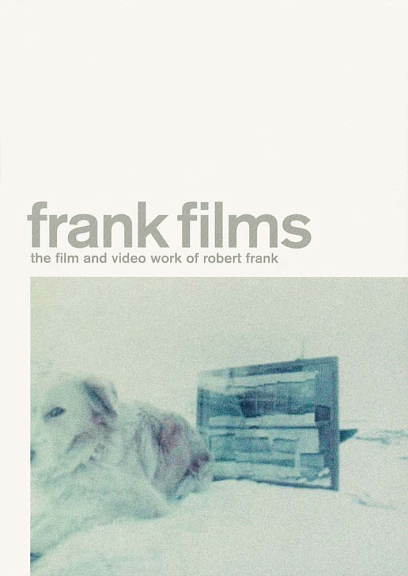-
Книги
- Нонфикшн
- Гуманитарные науки
- Деловая литература
- Естественные / Точные науки
- Книгоиздание
- Лайфстайл
- Словари / Энциклопедии
- Художественная литература
- Детектив
- Драматургия
- Классическая проза
- Мифология. Эпос
- Поэзия
- Собрания сочинений
- Современная художественная проза
- Фантастика. Фэнтези
- Биографии / Мемуары
- Графические романы / Комиксы
- Детские книги
- Воспитание. Педагогика
- Детский досуг
- О детских книгах
- Познавательная литература
- Художественная литература для детей
- Журналы / Зины
- Архитектурные
- Гуманитарные
- Журналы о моде
- Зарубежная периодика
- Искусство / Фотография
- Кино / Театр
- Лайфстайл
- Книги «Подписных изданий»
- Книги на иностранных языках
- Английский язык
- Испанский язык
- Итальянский язык
- Книги на иностранных языках для детей
- Немецкий язык
- Финский язык
- Французский язык
- Шведский язык
- Книги о кино
- Книги о музыке
- Книги о средневековье
- Книги о театре
- Книги о фотографии
- Книги об искусстве / Книги об архитектуре
- Альбомы по искусству
- Архитектура
- Декоративно-прикладное искусство
- Живопись
- Искусствоведение
- Орнаменты
- Прочее
- Танец
- Татуировка
- Творческое развитие
- Книги по философии
- Кулинарные книги
- Николай Солодников рекомендует
- Предзаказ
- Про дизайн / Про моду
- Путеводители / Книги о путешествиях
- Канцелярские товары
-
Подарки
- Брошки и значки
- Гирлянды
- Закладки
- Игры
- Календари
- Наклейки
- Наши сувениры
- Открытки
- Всякие-разные
- Наборы открыток
- Поздравления
- Про любовь и другие хорошие чувства
- С писателями и поэтами
- С цветами, овощами и фруктами
- С цитатами и другими фразами
- Подарочные сертификаты
- Постеры
- Прочее
- Сумки и шоперы
- Упаковка
- Подарочные сертификаты
Адрес магазина: Санкт-Петербург, Литейный пр., 57
Frank Films. The Film and Video Work of Robert Frank
| Автор | |
|---|---|
| Издательство | Steidl |
| Год издания | 2009 |
| Переплет | Мягкий |
| Страниц | 272 |
| Формат | 167x238 мм |
| Язык | Английский |
| ISBN | 978-3-86521815-5 |
| Артикул | 1166122 |
On the heels of Steidl's DVD releases of Robert Frank's films, and as a part of their impressive ongoing project to make all of Frank's output available, Frank Films redresses the imbalance of critical attention paid to his work in cinema--an oeuvre as esteemed among cinephiles as his photography is elsewhere. Frank turned to filmmaking towards the end of the 1950s, interrupting his swift rise to fame after The Americans. Frank describes "a decision: I put my Leica in a cupboard. Enough of lying in wait, pursuing, sometimes catching the essence of the black and the white, the knowledge where God is. I make films. Now I speak to the people in my viewfinder." Never content to walk the same path twice, he has approached each of his 27 films as a new experience, so that his films have proved difficult to categorize, especially in their amalgamation of documentary, fiction and autobiography. Frank Films presents essays by Amy Taubin, Philip Brookman, Stefan Grisseman, Thomas Miessgang, Kent Jones, Michael Barchet, Pia Neuman and Bert Rebhandl, an interview with Allen Ginsberg and essays by various authors examining each film and video in detail. Visually, Frank Films provides a unique approach to the work, since--at his request--only new stills made from videotapes have been used for reproduction.
Robert Frank was born in Zurich in 1924 to parents of Jewish descent. He immigrated to the United States two years after World War II ended, and since then he has produced work that changed the history of art and photography. Groundbreaking projects include The Americans, Lines of My Hand, Black White and Things, Pull My Daisy and Cocksucker Blues. Frank was the subject of a major retrospective organized by the National Gallery of Art, Washington, in 1994. He was the recipient of the Hasselblad Award in 1996. A major exhibition organized by The National Gallery of Art, Looking In: Robert Frank's "The Americans," is touring nationally in 2009, with stops in Washington, San Francisco and New York.
Подписка на рассылку
Мы будем присылать вам обзоры книг, промокоды и всякие-разные новости


